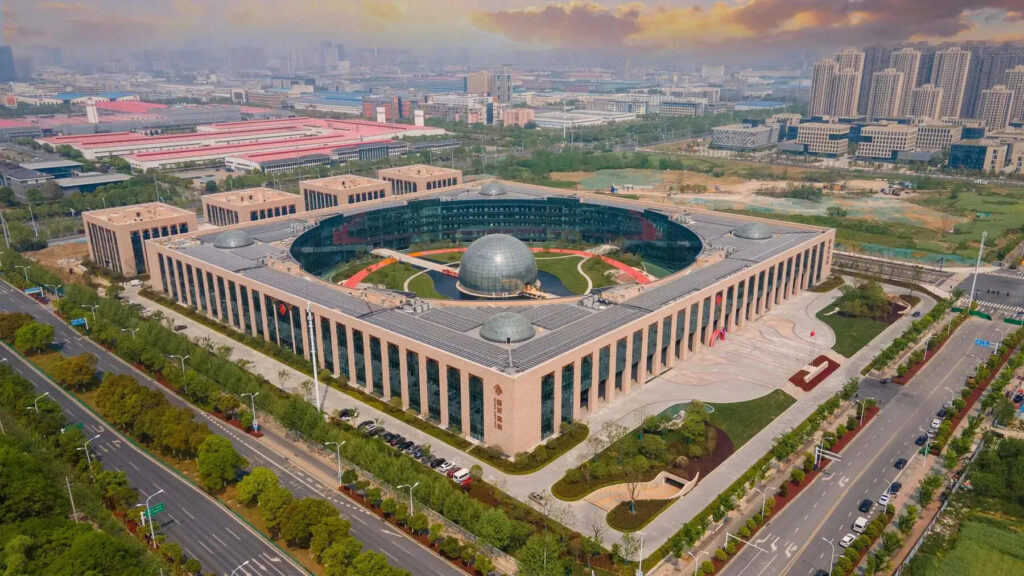Gotion will expand production capacity to 100 GWh
In recent years, Morocco has emerged as an important player in the global electric vehicle (EV) industry. It has attracted considerable international investments to boost its standing as a centre for renewable energy and advanced manufacturing, with China’s Gotion High-tech being the latest entrant into the fray. The Chinese battery giant has announced plans to build a lithium battery manufacturing plant near Casablanca.
Gotion’s new facility will have an initial production capacity of 20 gigawatt hours (GWh), with a potential to expand to 100 GWh. The Chinese company will utilize its own funds, along with additional financing, in constructing the proposed state-of-the-art facility. This investment mirrors Morocco’s strategy to strengthen its renewable energy capabilities and increase the local production of components for electric and hybrid vehicles.
This project is an essential part of Gotion’s larger vision to support the global renewable energy sector and meet rising market demand. The company has planned similar ventures in Slovakia, showing that the company’s has eyes on both the European and African markets. Establishing a Moroccan base will allow Gotion cater to the European Union market, while leveraging on Morocco’s strategic location, cost advantages, and favorable trade agreements.
Morocco’s political stability has made it an attractive destination for global automakers and battery manufacturers due to its political stability, competitive production costs, and proximity to Europe. The country already hosts major automotive players such as Renault and Stellantis, whose facilities collectively produce 700,000 vehicles annually. Renault, for instance, plans to manufacture 120,000 units of its hybrid Dacia Jogger at its Tangier plant starting in the second quarter of 2024, while Stellantis is eyeing increased EV production in the region.
The Moroccan government has been proactive in nurturing this ecosystem. It has set ambitious targets to increase the share of locally sourced components in automotive exports from 65% to 80%, and aims to produce around 1 million EVs annually within the next three to four years. Morocco’s Industry and Commerce Minister Ryad Mezzour recently emphasized the country’s readiness to capitalize on the growing demand for EVs, highlighting the role of public-private partnerships in achieving these goals.
Gotion’s investment in Morocco extends beyond battery production. According to reports, the company is collaborating with local entities to develop a comprehensive supply chain for EV manufacturing. This includes potential partnerships with Moroccan mining firms to secure key raw materials such as cobalt sulfate. Last year, Renault signed a deal with Morocco’s Managem Group to procure 5,000 tons of cobalt sulfate annually for seven years starting in 2025, a move that underscores the strategic importance of Morocco’s mineral resources.
Morocco’s commitment to green technologies is further demonstrated by its support for R&D initiatives. Notably, discussions are underway to establish a battery research center at the Private University of Fez, leveraging the expertise of Rachid Yazami, the Moroccan scientist credited with inventing the graphite anode for lithium-ion batteries.
Additionally, Morocco’s participation in the African Continental Free Trade Area (AfCFTA) positions it as a gateway for exporting EVs and components to other African markets. This dual focus on Europe and Africa enhances the country’s economic competitiveness and trade balance.

